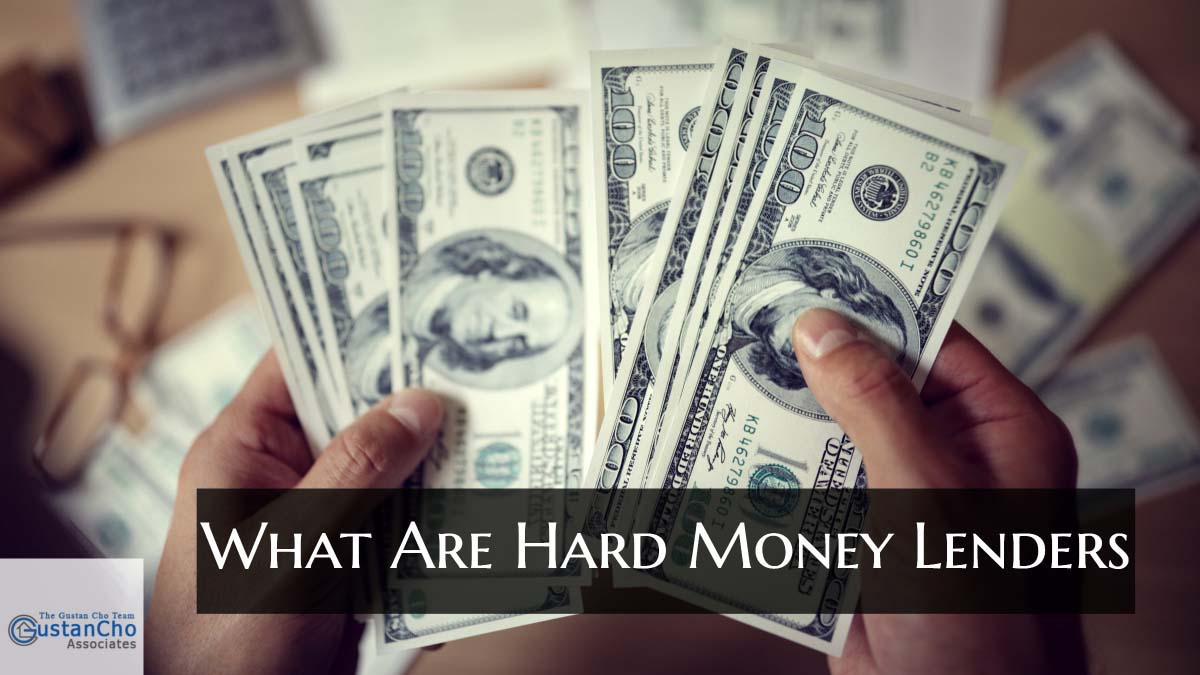-
Loan-To-Value on HARD MONEY LOANS
Lending Network, LLC offers hard money loans up to 70% loan-to-value in most states nationwide. HARD MONEY LOANS loan-to-value up to 75% in Utah and Nevada at Lending Network, LLC. per CEO Gustan Cho.
Hard Money Loans
Hard money loans are short-term loans secured by real estate. These loans are primarily used by real estate investors to quickly finance the purchase and renovation of a property, often to sell it for a profit (fix-and-flip) or refinance it into a long-term loan. Hard money loans are typically easier to obtain than traditional mortgages but come with higher interest rates and shorter terms.
Key Features of Hard Money Loans:
Quick Approval and Funding: Hard money loans can be approved and funded faster than traditional loans, often within days.
Asset-Based Lending: These loans are based on the property’s value as collateral rather than the borrower’s creditworthiness.
Higher Interest Rates: Interest rates on hard money loans are generally higher than those on conventional loans, reflecting the higher risk for lenders.
Short-Term: Hard money loans typically have terms ranging from 6 months to a few years, making them suitable for short-term projects.
Flexible Terms: Lenders can be more flexible with loan terms, allowing for tailored agreements based on the borrower’s and project’s specific needs.
Down Payment: Borrowers usually need to make a significant down payment, often around 20-30% of the property’s value.
Common Uses of Hard Money Loans
Fix-and-Flip Projects: Financing for purchasing, renovating, and reselling properties quickly for a profit.
Bridge Loans: Temporary financing until permanent financing can be secured or an existing obligation is removed.
Construction Loans: Funding for new construction projects or major renovations.
Land Loans: You are purchasing land to develop it in the future.
Pros and Cons of Hard Money Loans
Pros of Hard Money Loans
- Fast approval and funding
- Less stringent approval criteria
- Flexible loan terms
- Useful for time-sensitive projects
Cons of Hard Money Loans
- Higher interest rates
- Shorter loan terms
- A larger down payment is required.
- Higher risk of default due to shorter repayment period
Finding Hard Money Lenders:
Local Real Estate Investment Groups: Networking with local investors can lead to recommendations for reputable hard money lenders.
Online Directories: Websites and directories list hard money lenders by region and specialty.
Mortgage Brokers: Some brokers specialize in hard money loans and can connect borrowers with suitable lenders.
Steps to Obtain a Hard Money Loan:
Identify a Property: Find a suitable property for investment that meets the lender’slender’s criteria.
Prepare Documentation: Gather necessary documents, including property details, renovation plans, and a clear exit strategy.
Contact Lenders: Reach out to potential hard money lenders to discuss terms and conditions.
Property Appraisal: Appraising the property to determine its current and after-repair value (ARV).
Review and Accept Terms: Review the loan terms, interest rates, and repayment schedule, then accept the best offer.
Close the Loan: Complete the loan closing process and receive the funds.
Feel free to ask if you have any questions about hard money loans or need assistance finding a lender!
https://gustancho.com/what-are-hard-money-lenders/
-
This discussion was modified 11 months, 2 weeks ago by
 Gustan Cho.
Gustan Cho.
-
This discussion was modified 2 months, 3 weeks ago by
 Sapna Sharma.
Sapna Sharma.
-
This discussion was modified 2 months, 2 weeks ago by
 Sapna Sharma.
Sapna Sharma.
gustancho.com
What Are Hard Money Lenders? Hard Money Lenders are investors who lend money on real estate based on the asset rather than the credit of the borrower.

